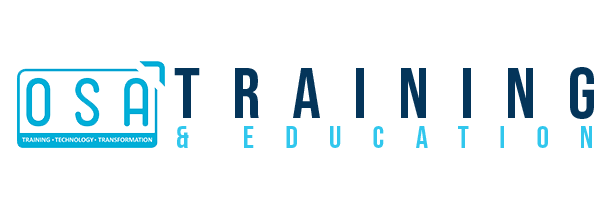We all have favorites: that’s human nature. But exhibiting favoritism in the workplace, especially among leaders, is the perfect recipe for causing difficult behaviors in others. As leaders, we must appear fair-minded and even-handed in our management of others, so as to maintain our credibility.
Though let’s face it – it is difficult to step away from a subjective view of our team members and deal with them as equals, and it is often in asking questions that we start to display our biases towards and away from our teams.
What we say and what we actually mean may be rather different. For example, any of us will exaggerate to emphasize a point or generalize based on something specific, or probably omit information, simply because we assume that the other person knows more than they actually do or slightly twist the truth because it suits our purposes and then believes the fabricated version.
Linguistics – the science of language, says that there are two types of language structures. The Surface Structure, which are the words we actually utter and the Deep Structure, which is the real meaning of we say.
Imagine the Surface Structure as the surface of the sea, while the Deep Structure is the sea bed.
The art of great questioning is to reconnect the surface (what is said) with the sea bed (what is actually meant). When you are dealing with difficult behavior, you need to work as far as possible with the facts. That’s not to discount emotions, which also play a part. But if you can quickly establish the facts, you will have something more tangible to work with.
The easiest way to get to the heart of the issue is to listen for three things:
- Generalizations
- Deletions
- Distortions
Each of these is common in speech. When you hear any of these surface-level statements, you have something to manage.
We will look into each of the areas in the coming weeks.
(to be continued)
Williams, E. (2012). Tips techniques ideas principles & strategies to turn difficult: managing difficult conversations. Place of publication not identified: Scholar Uk. Stone, D., & Heen, S. (2015). Thanks for the feedback: the science and art of receiving feedback well. London: Portfolio Penguin. Trask, R. L. (1999). Key concepts in language and linguistics. London: Routledge.
